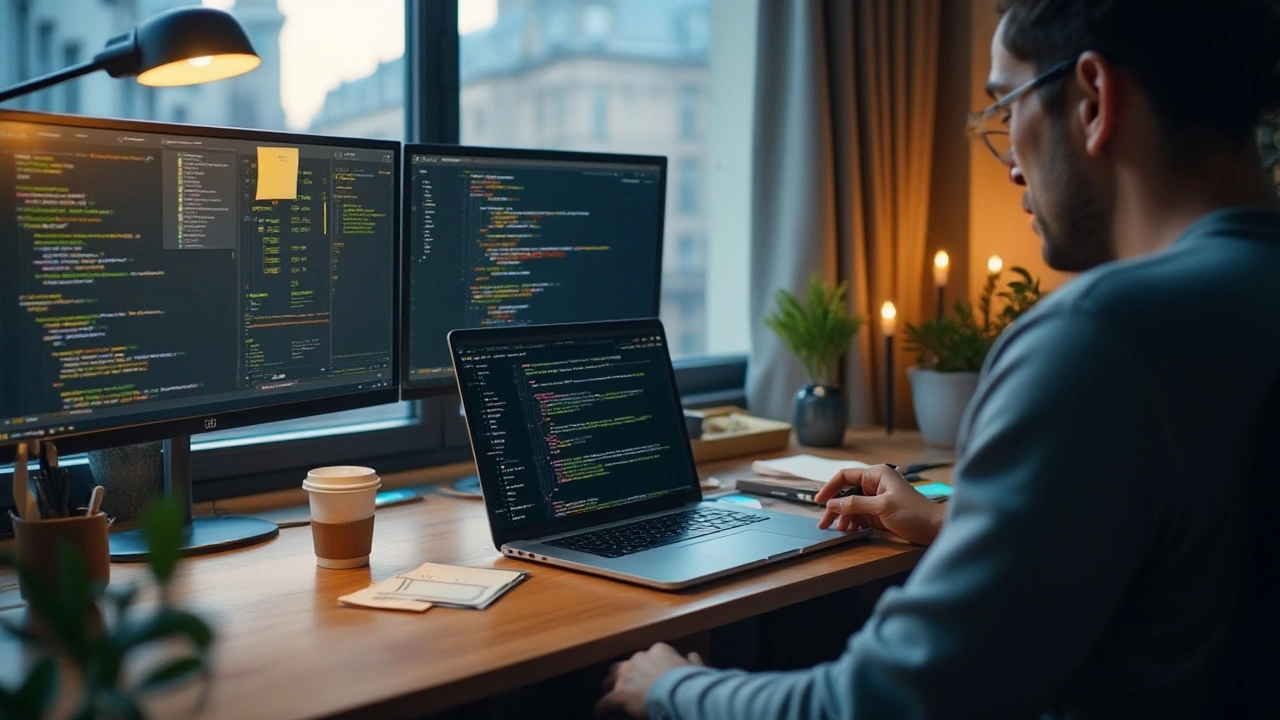Effective Programming: Practical Tips to Code Smarter
Getting better at programming isn’t just about writing lines of code—it’s about working smarter, not harder. Whether you’re just starting or aiming to sharpen your skills, adopting effective programming habits can save you a ton of time and frustration.
First up, let's talk about the importance of mastering debugging. Debugging is where your code goes from buggy to solid, and good debugging skills make you a way stronger coder. Instead of seeing bugs as annoyances, view them as clues to your code’s behavior. When you learn techniques like isolating issues step-by-step, you’ll catch and fix problems faster than ever.
Programming Tricks That Save Time and Boost Efficiency
There are neat shortcuts and tricks that seasoned developers use to write cleaner, faster code. For example, learning keyboard shortcuts in your IDE or mastering reusable code snippets can speed up your workflow significantly. Also, get familiar with built-in features of the programming languages you use; sometimes complex tasks can be done with one clever function instead of many lines of code.
Another smart move is adopting best coding practices like clear naming conventions and modular design. This makes your code easier to read and maintain—not just for you but for anyone else who might work on it. Writing clean code helps you spot mistakes quicker and makes debugging less of a headache.
Start Simple and Build Up
If you’re new to programming, don’t get overwhelmed by trying to learn everything at once. Focus on the basics first—write simple programs, understand how they work, and gradually add complexity. Use step-by-step tutorials designed for beginners to build confidence. Remember, tutoring yourself with real-world examples is far more effective than endless theory.
And don’t forget: programming success depends a lot on practice. Try working on mini projects and challenges regularly. You’ll find that applying what you learn helps you internalize concepts and recognize patterns faster. Plus, it’s more fun to see your code actually work!
Effective programming is about combining smart techniques, consistent practice, and good habits. Stick with it, and you’ll see your coding skills grow steadily, making your work more rewarding and less stressful.

- Sep 3, 2024
- Jefferson Maddox
- 0 Comments
Mastering Speedy Programming: The Key to Effective Coding
This article dives into the essential techniques and habits that can make your coding process faster and more efficient. Discover practical tips and interesting facts that will help you optimize your workflow and enhance your programming skills. Learn how to manage your time, resources, and tools to boost your productivity. This guide is for anyone looking to code smarter, not harder.

- Jul 28, 2023
- Alaric Stroud
- 0 Comments
Code Debugging: The Cornerstone of Effective Programming
Alright, my fellow cyber-warriors, let's delve into the nitty-gritty world of code debugging, the unsung hero of programming! Now, don't run for the hills just yet, it's not as scary as it sounds, I promise. Imagine code debugging as the Sherlock Holmes of coding, sniffing out those pesky bugs sneaking around in your code. It's a crucial part of programming, and trust me, it's what separates the rookies from the pros! So, put on your detective hat, and let's embark on a thrilling bug-hunting adventure together. Remember, every bug you squash is a step towards becoming a coding maestro!
